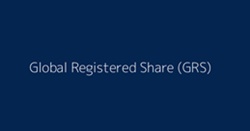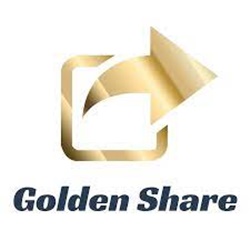
Table of Contents
What is Global Registered Share?
Global Registered Shares (GRS or Global Shares) are securities that are issued in the United States but are listed and traded in numerous currencies throughout the world. Identical shares can be exchanged in multiple currencies on separate stock exchanges and in different national currencies using GRS, eliminating the requirement to convert them into local currency.

Benefits of GRS
A Global Registered Share provides cross-Market mobility at a lower cost than other instruments of its kind. As the world becomes more globalised, securities can be traded in numerous markets in the future, making American Depositary Receipts (ADRs) less viable but GRSs more appealing.
Various stock exchanges and clearing institutions can merge as trading evolves toward an around-the-clock schedule, making global shares more accessible. Furthermore, various market regulatory systems can become more aligned. It would make compliance with various local requirements less required for securities. Finally, flexible worldwide security is likely to be the most effective at tracing.
Challenges to GRS
Most firms that list securities in the United States seek to have a wide reach of investors. Some securities professionals feel that switching from an ADR to a GRS would have the reverse effect; instead of increasing liquidity, it can reduce it.
Another issue is whether the global trading system would be capable of handling massive GRS trade. Despite the Industry's concentration, trade is still influenced by national, rather than worldwide, regulatory organisations. Some detractors feel that the expense of developing GRS systems would be too high, negating any benefits and that in order for GRSs to perform well in the future, they must be dynamic enough.
Talk to our investment specialist
Global Depository Receipts Vs. Global Registered Shares
A Global Depository Receipt (GDR) is a Bank certificate for shares in a foreign firm that is issued in many countries. GDRs combine shares from two or more markets, most commonly the US and Euromarkets, into a single exchangeable asset. On the other hand, GRS is a security issued by a corporation and registered in various marketplaces
Example of GRS
A publicly listed firm is issuing global shares if it issues shares in dollars on the New York Stock Exchange (NYSE) and the same securities in rupees on the National Stock Exchange (NSE)or vice - versa.
The Bottom Line
The future of GRSs as a trading instrument with the familiar history of ADRs, combined with the challenges of balancing local market laws, is not certain. It will deal with the rules in the United States. It might thus dissuade finance managers from issuing large amounts of worldwide shares in the near future.
All efforts have been made to ensure the information provided here is accurate. However, no guarantees are made regarding correctness of data. Please verify with scheme information document before making any investment.












